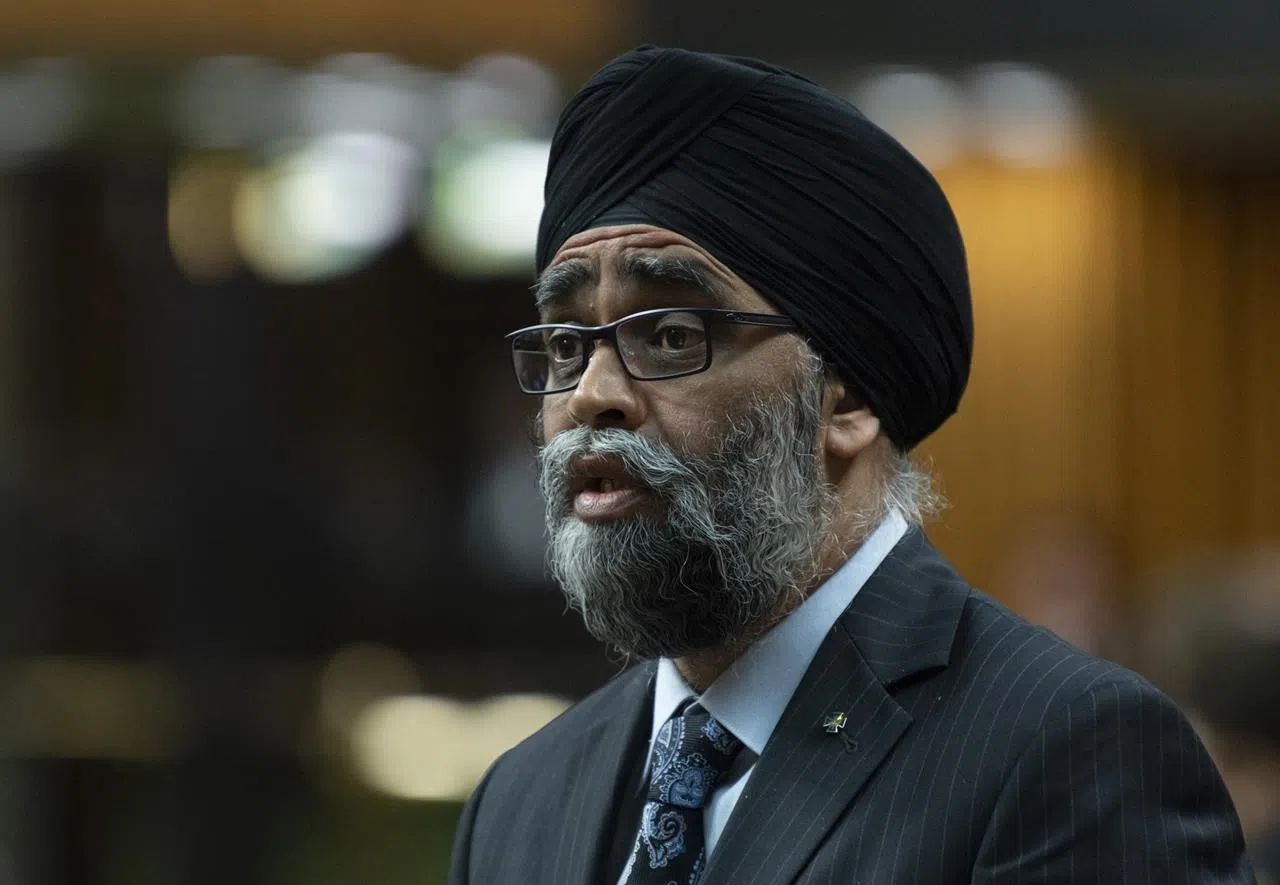
Canadian defence minister urges ‘de-escalation’ of U.S.-Iran dispute
OTTAWA — Canada’s defence minister is calling for calmer heads to prevail as a war of words between the U.S. and Iran threatens to turn into a war of bullets and bombs.
Such a conflict could easily spill over into Iraq and the surrounding region, where around 850 Canadian soldiers are deployed as part of the war against the Islamic State of Iraq and the Levant.
“What we would like to see is de-escalation of this and bring it back from a military conversation and back into the diplomatic sphere,” Sajjan said in an interview with The Canadian Press from Brussels Thursday, where he was concluding two days of meetings with counterparts from across NATO.
The dispute revolves around U.S. President Donald Trump’s decision to withdraw from an agreement his predecessor Barack Obama signed with Iran that limits Iran’s nuclear program in return for the lifting of sanctions.
